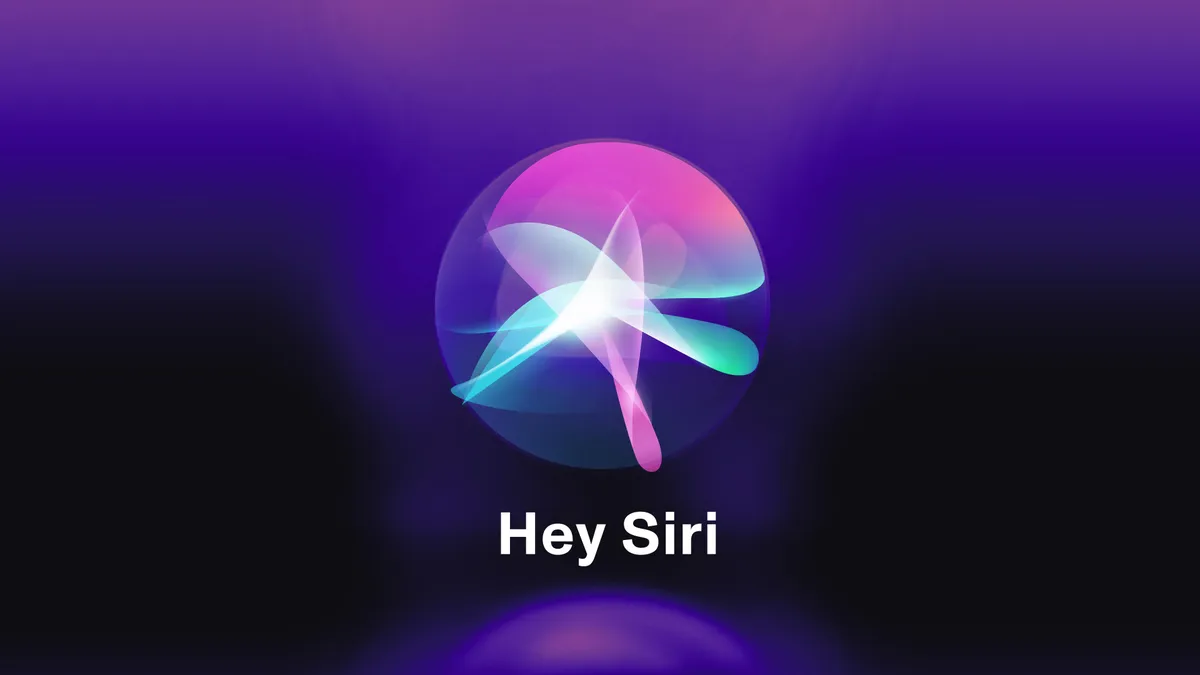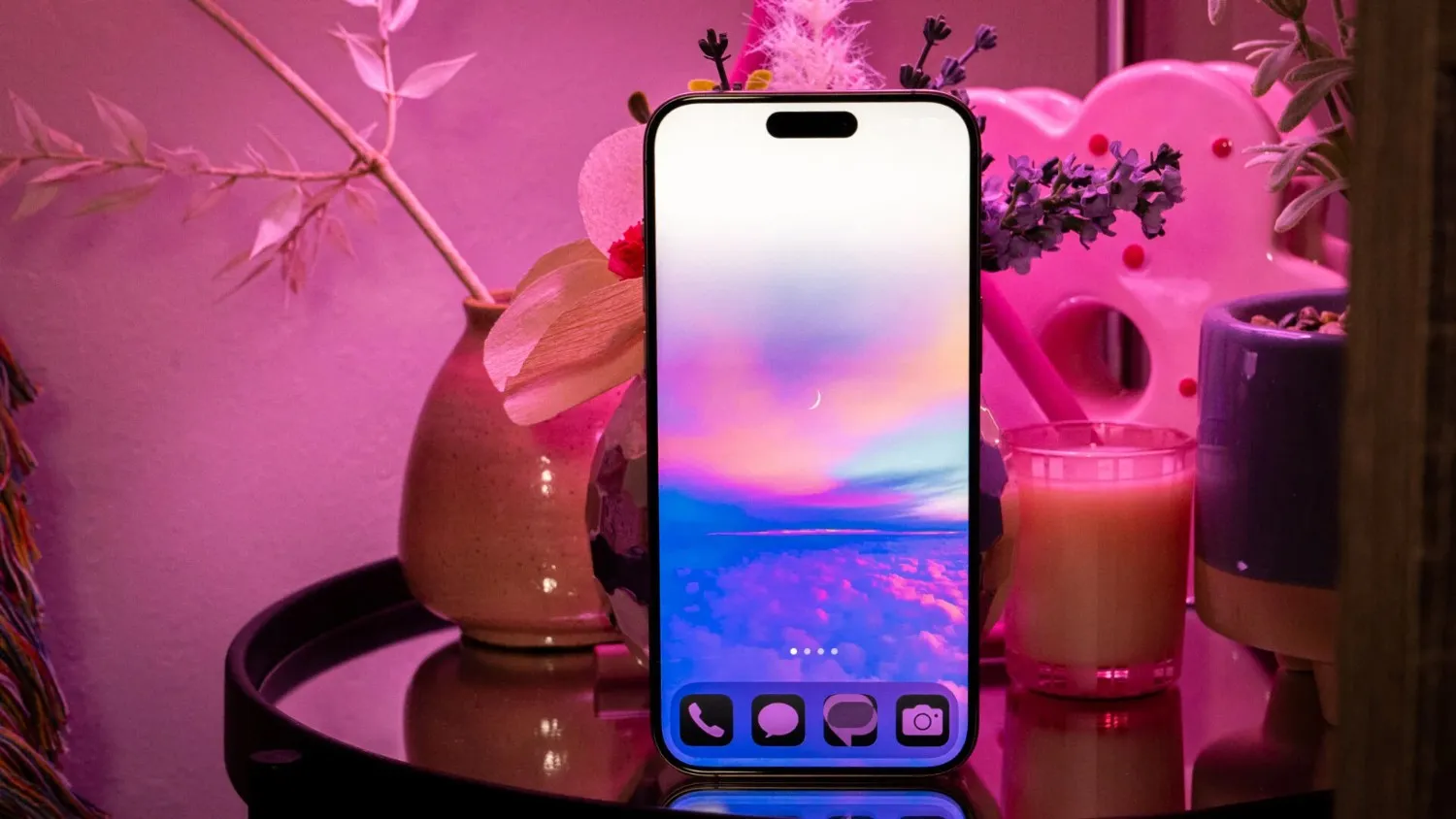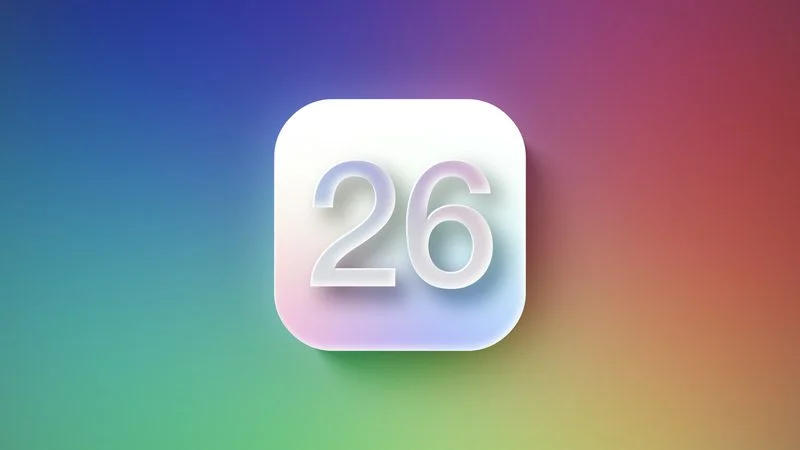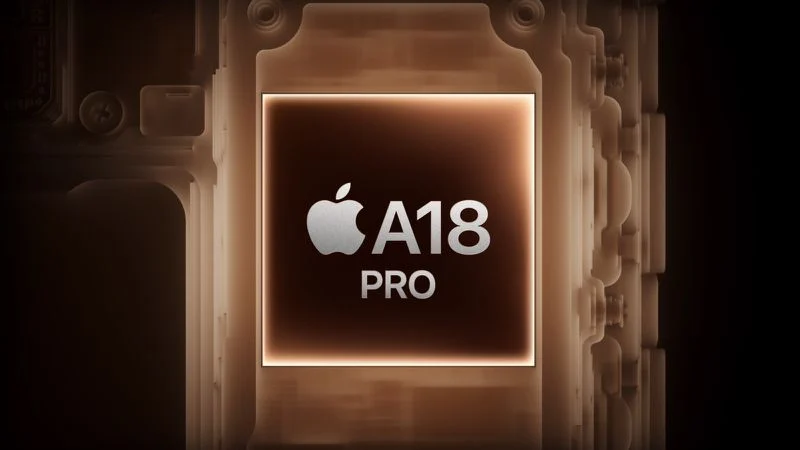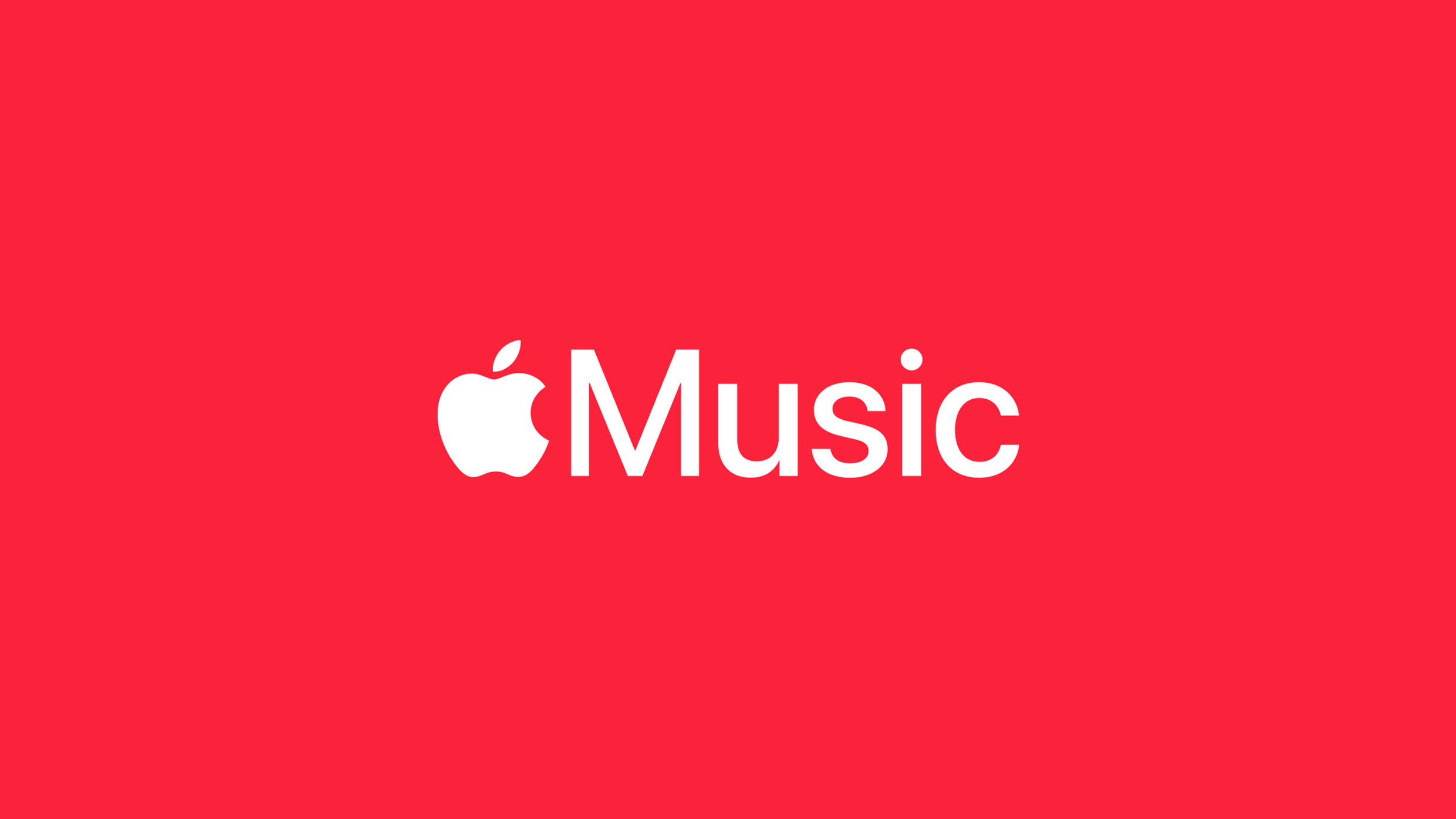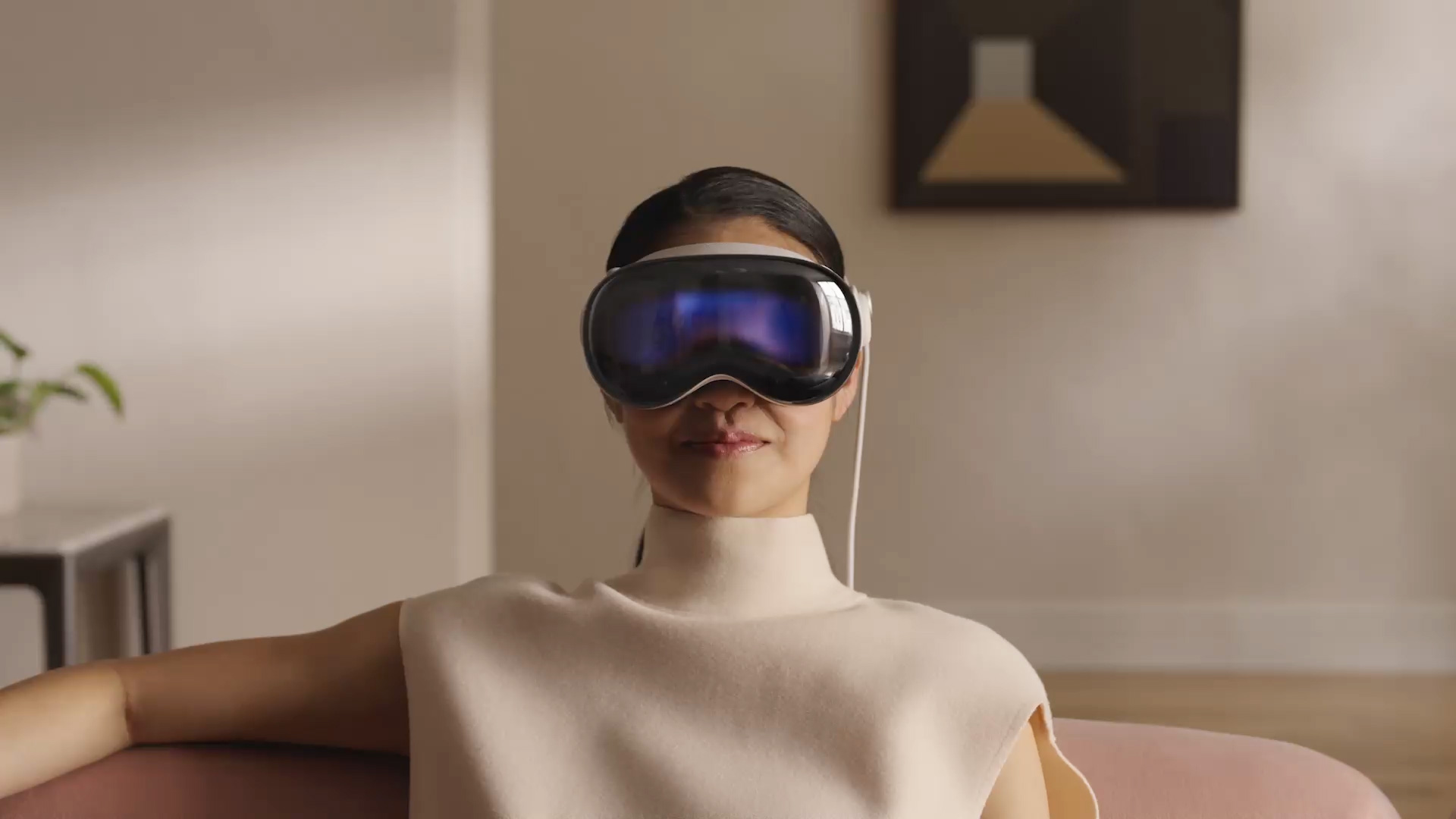Apple is dealing with two major lawsuits in the U.S. that could change how it runs its App Store and iPhone ecosystem. The U.S. Department of Justice (DOJ) accused Apple of unfairly controlling the smartphone market, claiming its restrictions on third-party apps and services lock users into its system.
Apple tried to get the case thrown out, arguing the DOJ didn’t prove it has a monopoly or harms consumers. However, Judge Julien Neals rejected Apple’s request, so the case will move forward. It may take years to resolve, but it’s a big step in challenging Apple’s tight control over its platform.
In another case, Proton, a Swiss company known for its secure Proton Mail service, joined a class-action lawsuit against Apple. Proton claims Apple’s App Store rules, like forcing developers to use its payment system and charging up to 30% commission, break U.S. antitrust laws.
These rules, Proton says, hurt smaller companies focused on privacy and limit competition by blocking other app stores and payment options. Proton wants the court to allow alternative app marketplaces and award damages to developers for high fees. Any money Proton gets will be donated.
Both lawsuits highlight growing concerns about Apple’s power over its App Store and iPhone ecosystem. As these cases move forward, they could force Apple to loosen its grip, potentially giving developers and users more choices.

